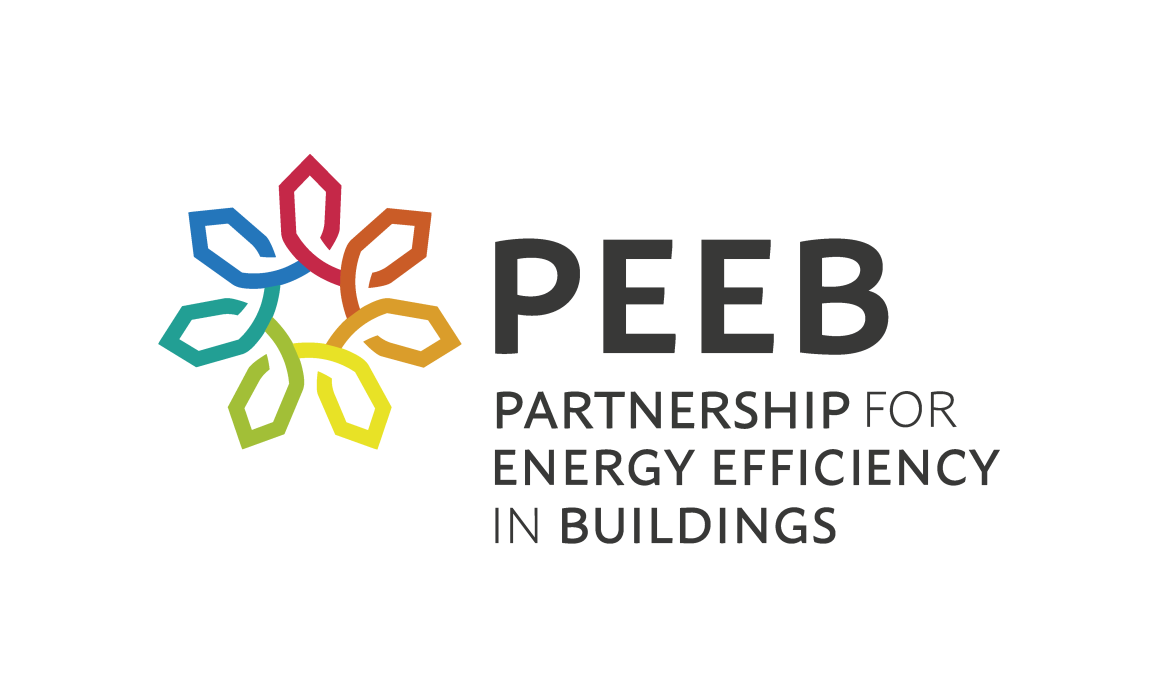Context
Transforming the building sector is essential for climate action. The sector accounts for 34 per cent of global energy-related greenhouse gas emissions. Furthermore, the world’s floor area is set to double by 2060, mainly in warmer regions where cooling demands increase. In addition, extreme weather events raise the need for resilient buildings. Rapid decarbonisation is critical to meet the Paris Agreement’s 1.5 degrees Celsius goal. Yet, climate finance for environmentally friendly buildings remains limited due to weak policies, scarce guidance, and few financial incentives.
Objective
The strategic, regulatory, and financial conditions for low-emission and resilient buildings have improved across eleven partner countries, leading to reduced energy demand and lower greenhouse gas emissions.
Approach
The project combines financing from the French Development Agency with policy support and training from the Deutsche Gesellschaft für Internationale Zusammenarbeit (GIZ) GmbH. The strategic combination of finance and institutional support components aims at scaling the improvement in strategic conditions for low-emission and resilient buildings. The organisation advises partner countries on behalf of the German Federal Ministry for the Environment, Climate Action, Nature Conservation and Nuclear Safety (BMUKN) and the French Ministry for the Ecologic Transition (MTE), with co-financing from the French Facility for Global Environment (FFEM), and the Green Climate Fund (GCF).
Activities include:
• Promoting policies and regulations such as green building codes and incentives
• Promoting investment through targeted guidance and collaboration
• Developing practical examples for implementing low-emission measures
• Building technical and financial expertise, including the mechanisms outlined in the Paris Agreement Article 6
• Supporting incentive systems to mobilise private investment and provide long-term security.
Last update: November 2025

